Xylitol
Xylitol is a type of sweetener obtained from various fruits and vegetables. Chemically speaking, it is an alcohol and can be found in dietary supplements, chewing gum, oral hygiene products, and processed food.
Uses
It is curious to note that the human body synthesizes 4 teaspoons (15 grams) of xylitol a day. The substance is considered a healthy substitute for ordinary sugar, compared to which it contains 75% fewer carbohydrates and 40% fewer calories. Furthermore, it is claimed not to have any carcinogenic properties.
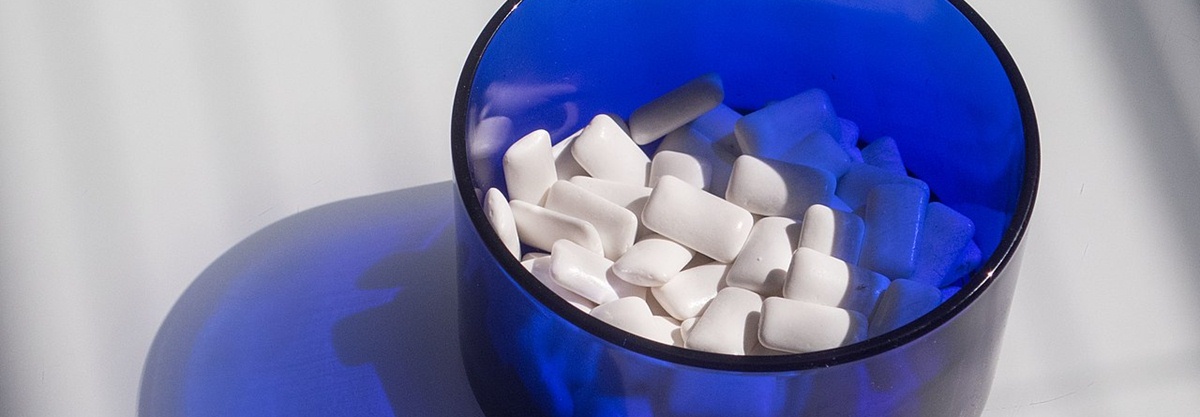
With all these qualities, it is safe for pregnant and breastfeeding women, as well as for infants and children. Bodybuilders, people suffering from diabetes, and those on a diet, favor xylitol over sugar for its inability to be easily transformed into fat.
Xylitol has also found its use in dental care products because mouth bacteria cannot convert it into acid. As long as the alkaline-acid balance is kept inside the mouth, cavities are less likely to appear.
In addition, xylitol is used to treat ear infections, since it can stop the development of the bacteria causing these conditions. Small amounts of xylitol help tooth enamel absorb minerals more effectively. It also prevents bad breath by eliminating H.pylori bacteria, responsible for gastric ulcers and stomach cancer as well.
Xylitol stimulates the activity of white blood cells against bacteria and fights Candida albicans, an agent leading to yeast infections. The passing of Streptococcus mutans to infants is reduced by 80% in cases of breastfeeding women taking xylitol regularly.
- The evidence that chewing gum containing xylitol is superior to chewing sugared gum is reasonably strong with relatively little bias.
- The evidence for the mechanism that xylitol suppresses dental caries via inhibition of glucosyltransferases in cariogenic bacteria is reasonably strong. However, sorbitol and sucralose also demonstrated similar anticariogenic effects in animal models.
- The evidence regarding low acidogenicity of xylitol is sufficiently strong.
- The evidence for superior noncariogenicity of xylitol over other sugar alcohols is not sufficient. Several studies reported that erythritol may be comparable or superior to xylitol in caries inhibition. However, many of these studies were conducted in children with mixed dentition where missing teeth might have different rates of caries, and this information was not considered. Thus, the missing teeth would have biased the results.
- The evidence is insufficient to support the thesis that the anticariogenic effect of xylitol is comparable to fluoride or chlorhexidine. However, some large-scale trials in school children reported improved anticaries action of toothpaste with added xylitol in addition to fluoride. However, the outcome which ignored caries activities in missing teeth could have biased the results.
- The evidence regarding whether xylitol promotes remineralization is equivocal. In 2 in vitro studies, one study result supports the remineralization capability of xylitol while the other does not. In the former study, the remineralization was observed in conjunction with fluoride plus xylitol. Thus, the independent action of xylitol on remineralization cannot be determined.
- The evidence regarding maternal xylitol consumption preventing children’s dental caries is highly spurious. Other prenatal nutrients (for example, vitamin D) could influence the enamel strength and subsequent dental caries susceptibility. Thus, attributing lower dental caries incidence in children solely to maternal xylitol consumption is overly simplistic.
Side effects
Xylitol has been approved as a non-toxic food additive by the FDA, but very large doses are known to cause side effects. As xylitol is an alcohol, it can cause stomach upset and diarrhea in case it is not digested. Due to its laxative qualities, diarrhea and gas is another outcome of large dose intake.
Large amounts of xylitol can cause the levels of blood sugar to drop resulting in hypoglycemia. Excessive doses may lead to the rise of uric acid in the blood, which in turn leads to the formation of kidney stones. Increased levels of blood acidity are also possible side effects. Allergic reactions in the form of wheezing, hives, skin rash and itching, heavy breathing, and swollen mouth are extremely rare side effects of xylitol use and can occur only if xylitol was purified below-standard.
Doses
Small amounts of xylitol found in chewing gum and sweets do not cause any side effects. If using xylitol orally (in the form of lozenges, syrup, or chewing gum) to prevent ear infections in preschool children, daily doses should not exceed 8 to 10 grams. 7 to 20 grams of xylitol a day is enough to prevent cavities in children and adults.
- www.nhs.uk/live-well/eat-well/food-types/are-sweeteners-safe/
- Photo courtesy of Kotivalo by Wikimedia Commons: commons.wikimedia.org/wiki/File:Xylitol_chewing_gum_in_a_blue_bowl.jpg







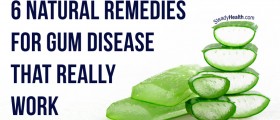

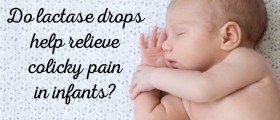
_f_280x120.jpg)
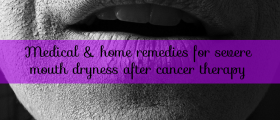
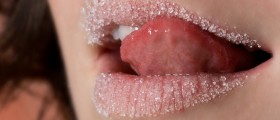


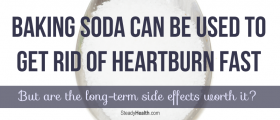

Your thoughts on this
Loading...